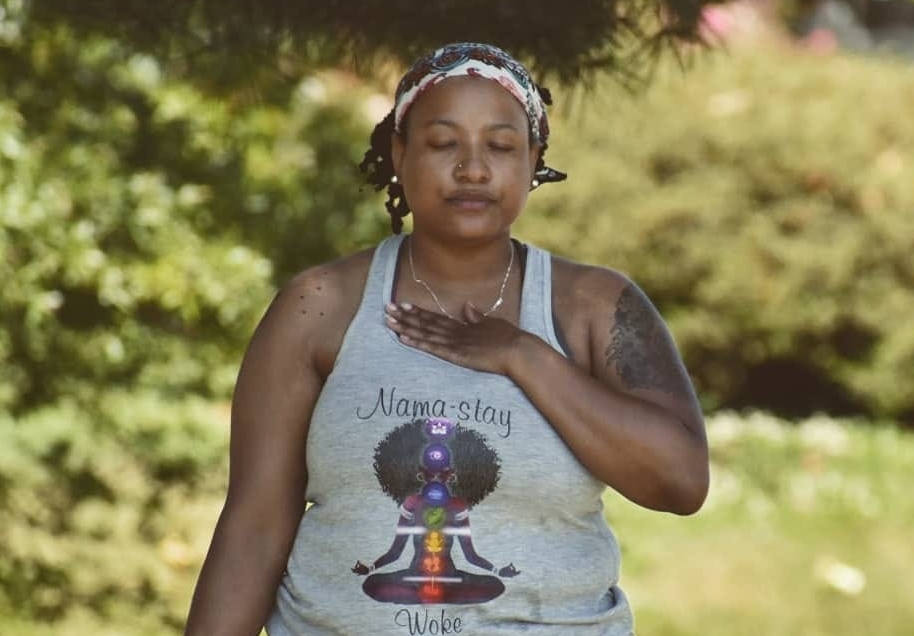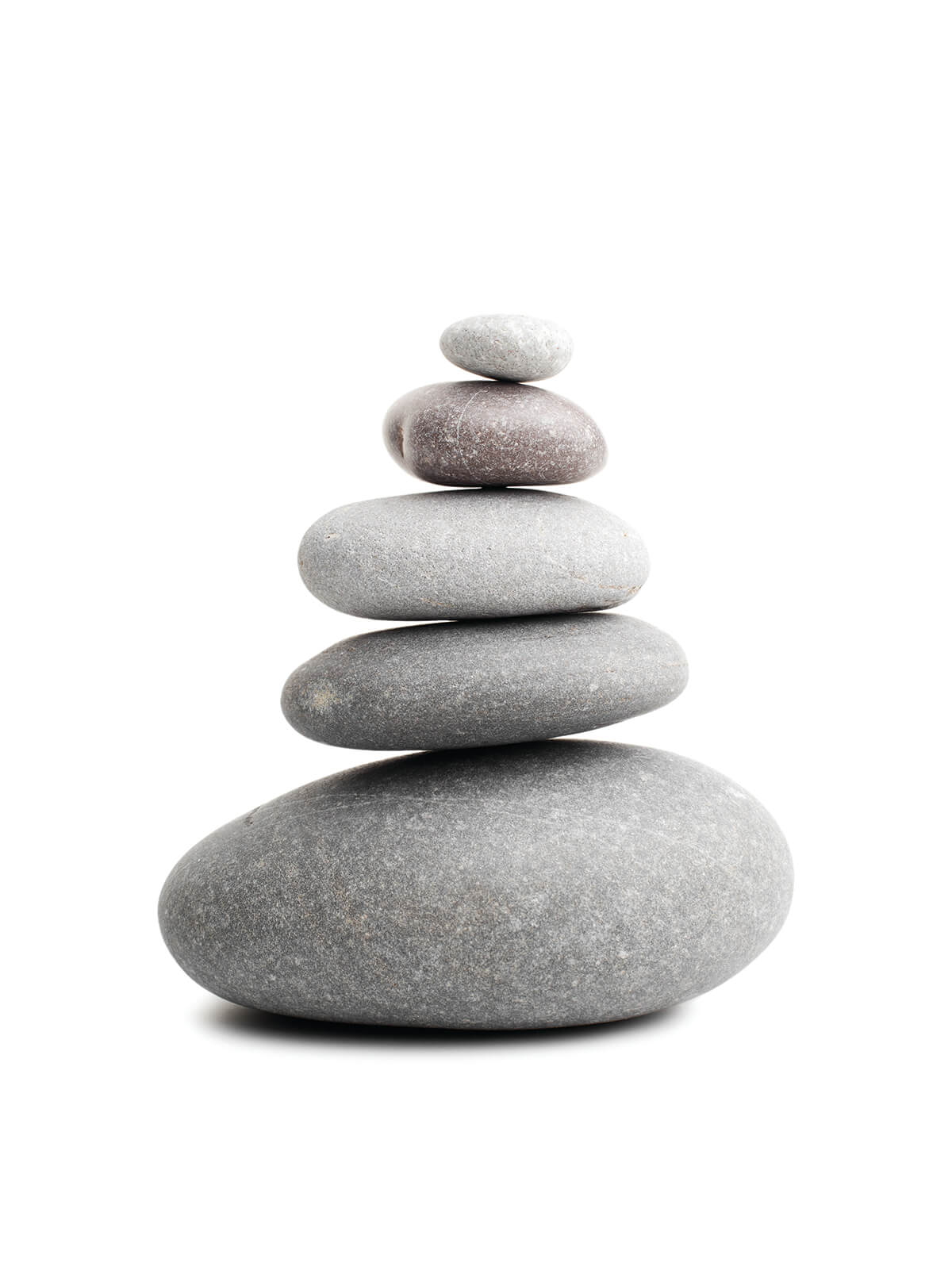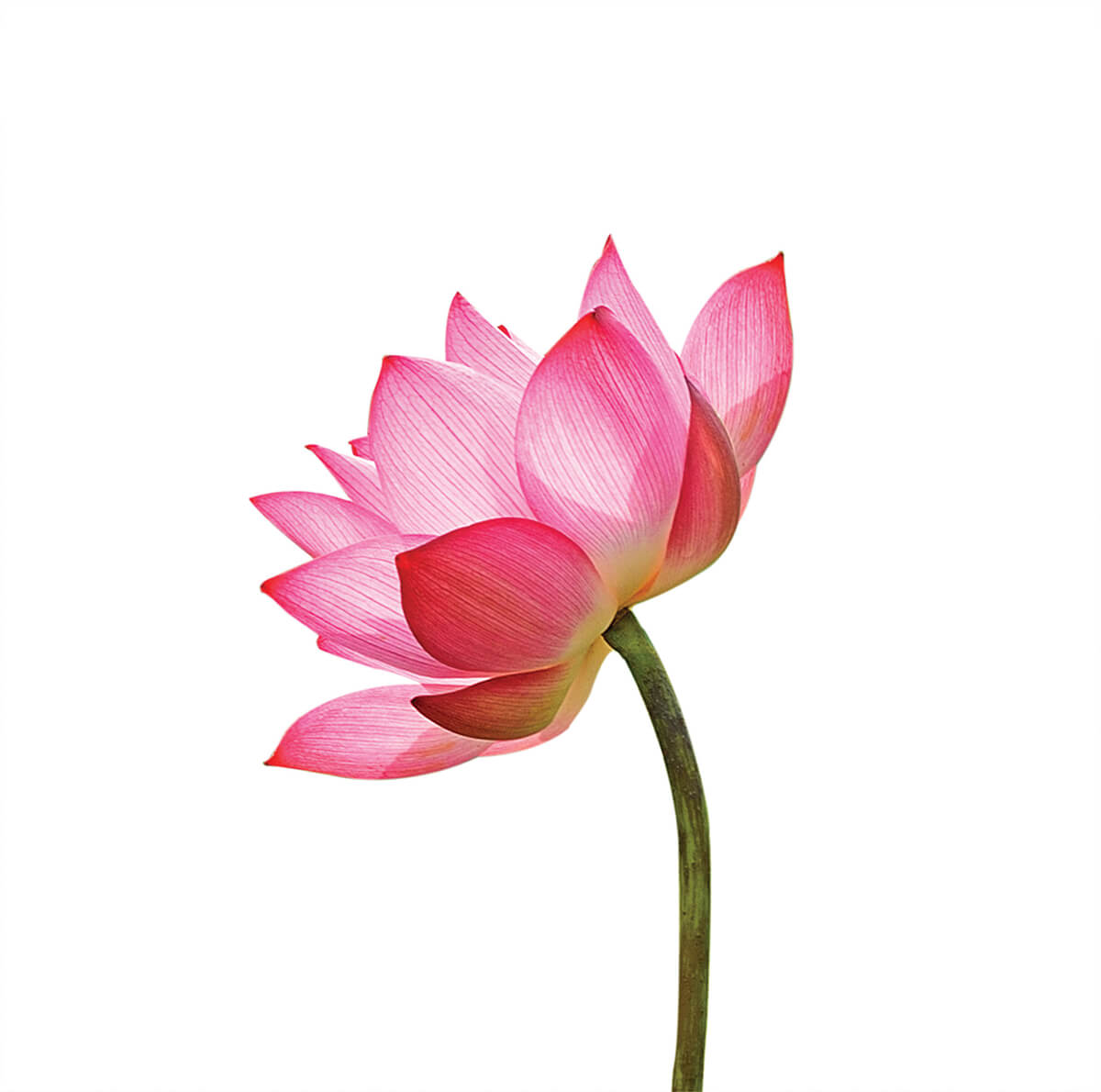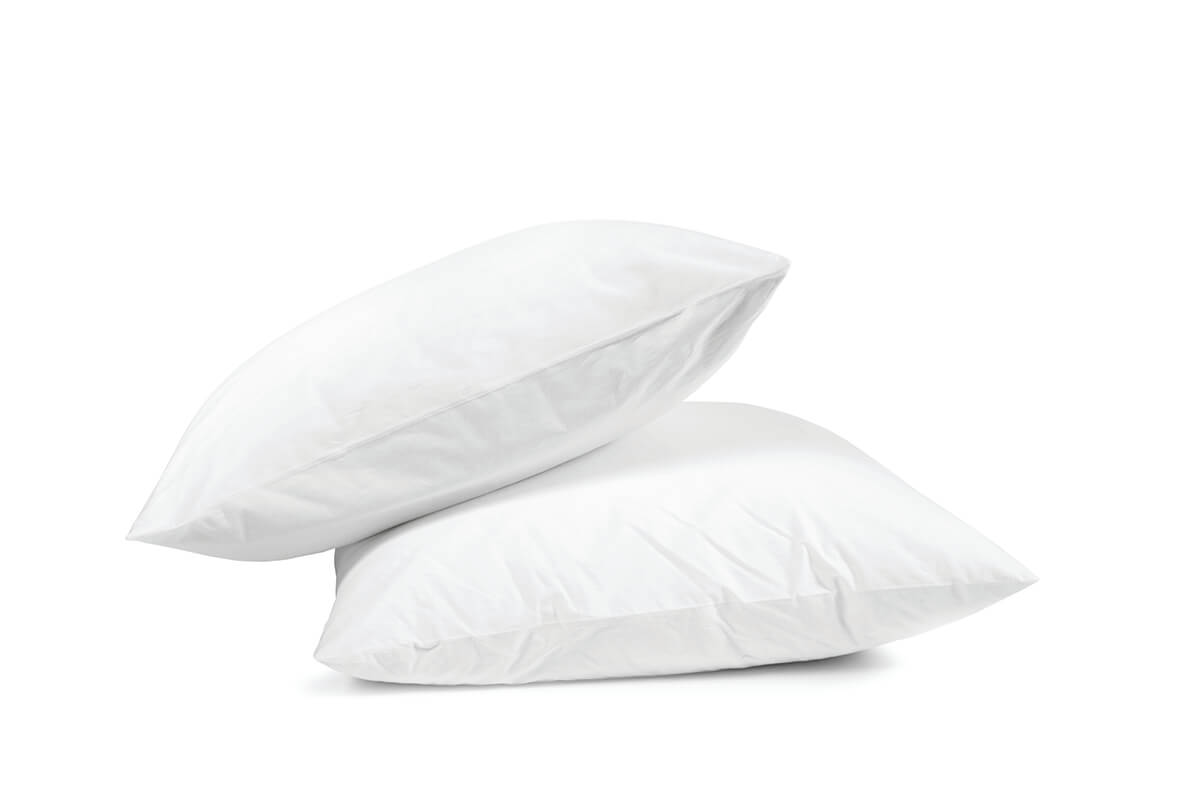Health & Wellness
Feeling Stressed? This Baltimore Yoga Instructor Says You Might Not Be Getting Enough Rest
Yoga teacher and facilitator Dee Satterfield of Blissful Body Yoga explains why rest is as equally important as movement.

Feeling stressed all the time? Like there’s never enough time in the day? Well, you’re not alone. The cure, believe it or not, might just be more rest. We talked to yoga teacher and facilitator Dee Satterfield of Baltimore’s Blissful Body Yoga about the importance of stillness and rest.
Why is slowing down and grounding important?
We live in the Western world, where slowing down or pausing has a negative connotation to it. It’s “you’re lazy, you’re unproductive, you’re unmotivated.” In reality, rest is as equally important as movement. When we rest, our body gets that time to make those connections of what has happened, how it connects within the body, where to store it in the body, negative or positive.
How often should people mindfully rest?
Because we have hectic schedules, it’s hard for me to say to do it three times a week. I would say do daily moments of mindfulness. So, for example, [if] you jump in the shower and the first thing you say is, “God, this water feels good on my skin,” that’s a moment of mindfulness. You’re not thinking of anything else but the feel of that water on your skin. And then build on those little moments of presence, five, 10 minutes a day.
What tools can we incorporate into daily life?
I suggest starting with a mantra: “I am beautiful,” “I am present,” or “I am loved.” Saying that to yourself as you breathe and relax your body. I do object meditation, where you find an object, sit down, stare at the object, close your eyes, using that object as your anchor of grounding, letting you know you are here, holding this object, breathing, relaxing your jaw, your shoulders, and telling your body it’s okay.
Are there physical practices that help facilitate rest?
Restorative yoga helps restore connections in the body using props like a blanket or bolster—something that will hold your body while you get deeper into the pose.
When do we know it’s time for a break?
Your body will tell you before your mind: Your jaw starts to clench, your shoulders start to go up to your ear, and you hold your breath.
What is the benefit of these practices?
There is no goal, which sounds cryptic. But when you put goals on it, you put expectations on yourself and the goal is to not have expectations. It’s recognizing what’s happening in certain situations versus acting on them as you used to—you know it’s working when someone cuts you off [in traffic], and [instead of getting mad], you’re like, wait a minute, why am I in a rush? I’m going to get to where I need to go, it’s okay.
WHAT YOU NEED

AFFIRMATION: Practice daily affirmation mantras to calm the nervous system.

PRACTICE: Be compassionate with yourself when stressed.

SUPPORT: Pillows and blankets can help support the body in restorative stretches.